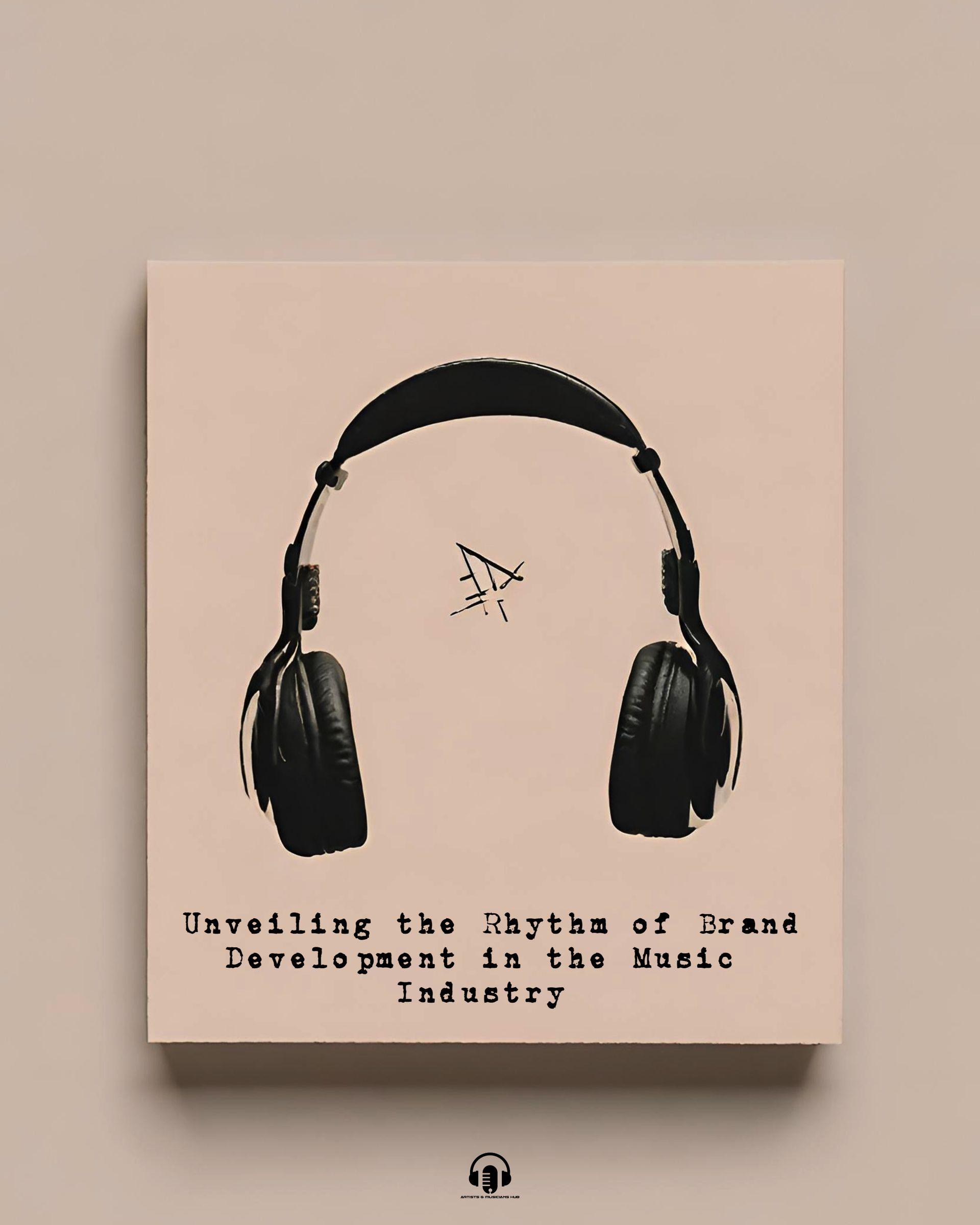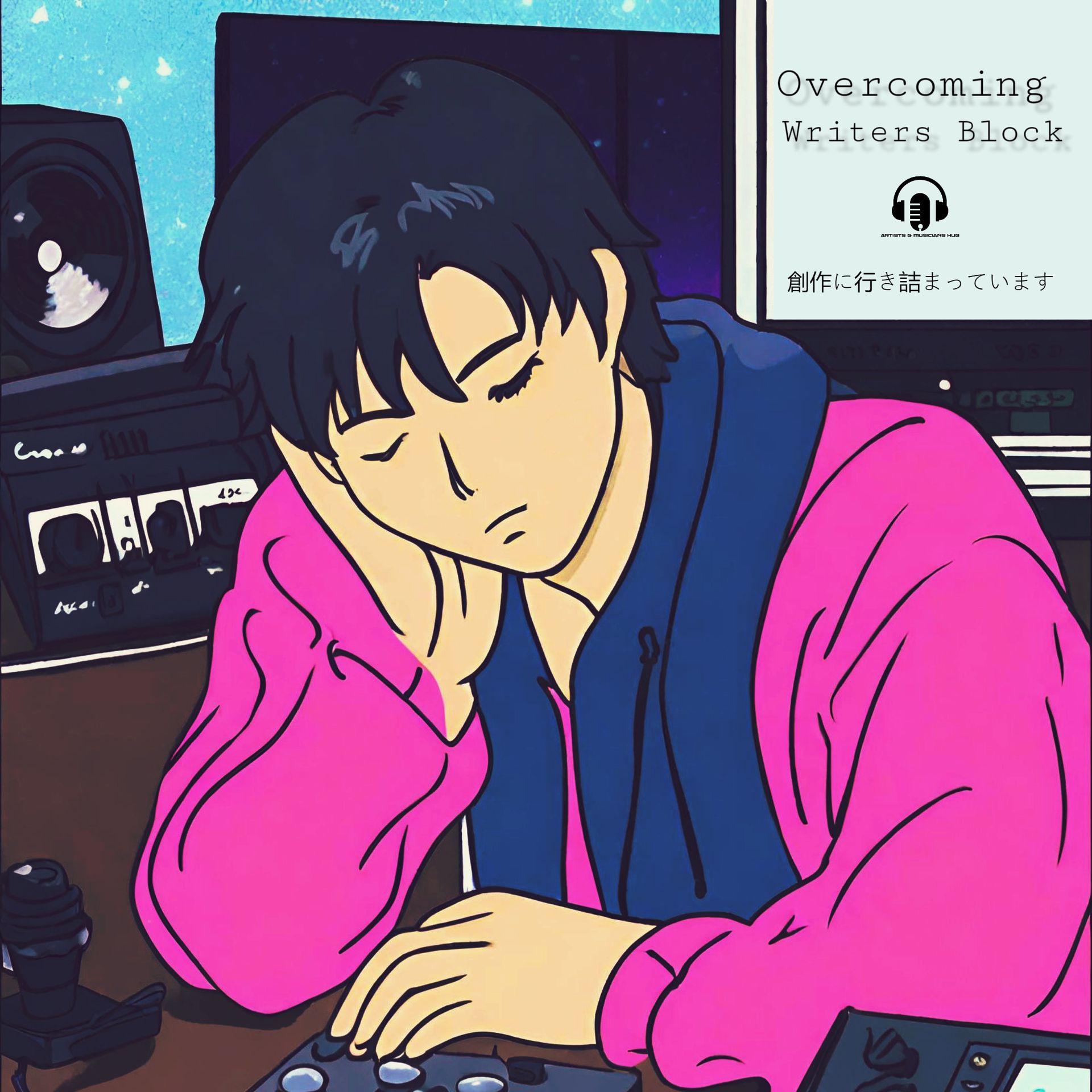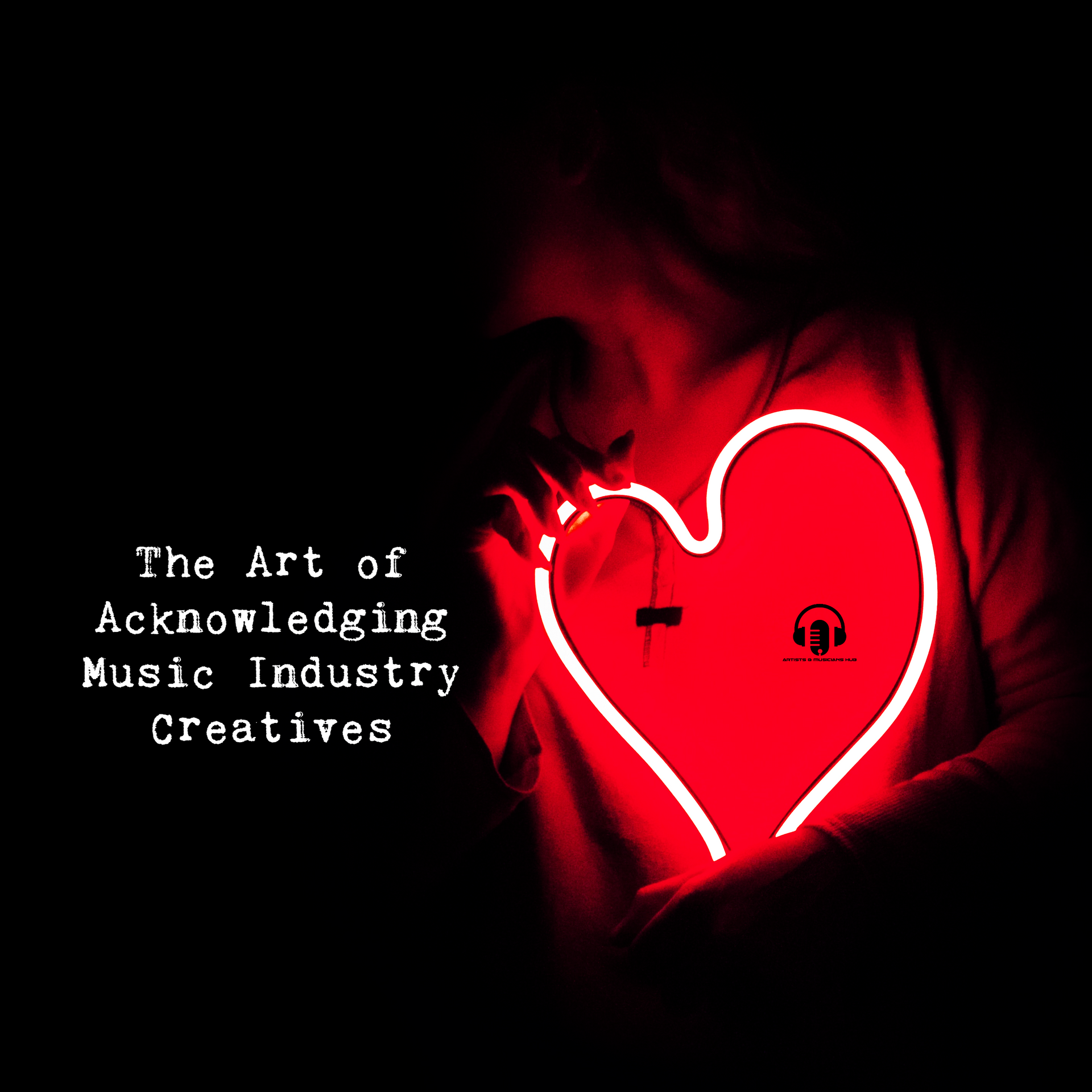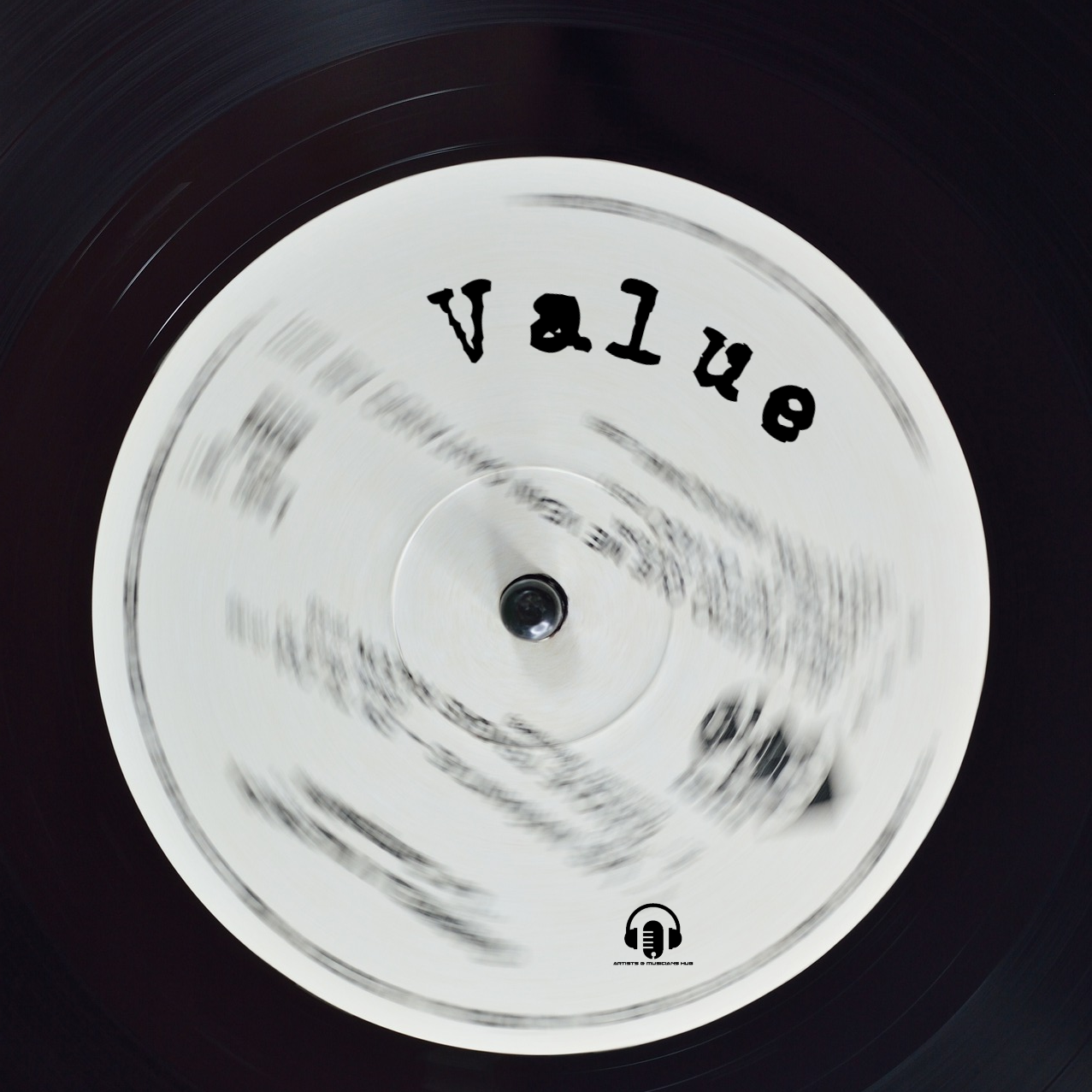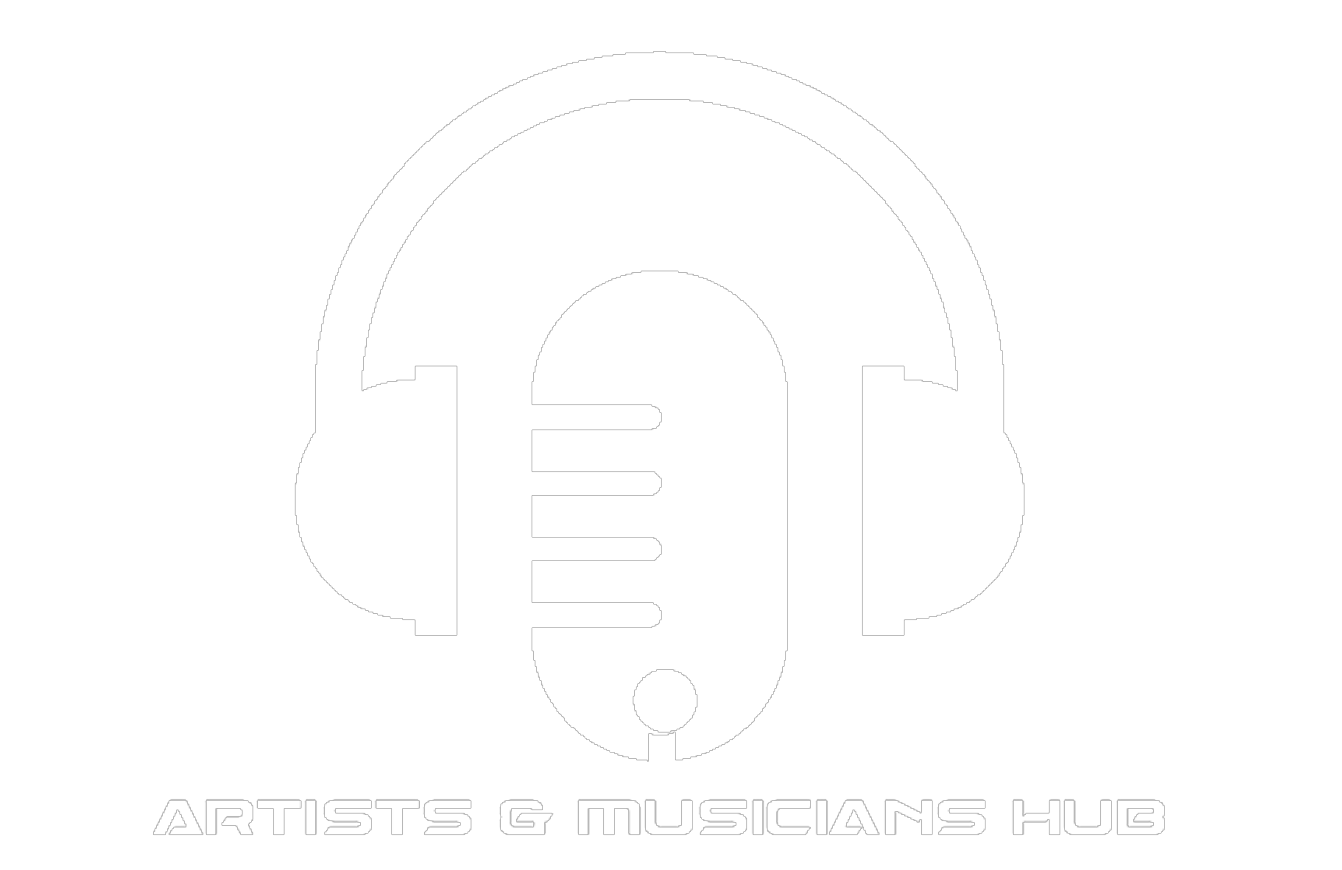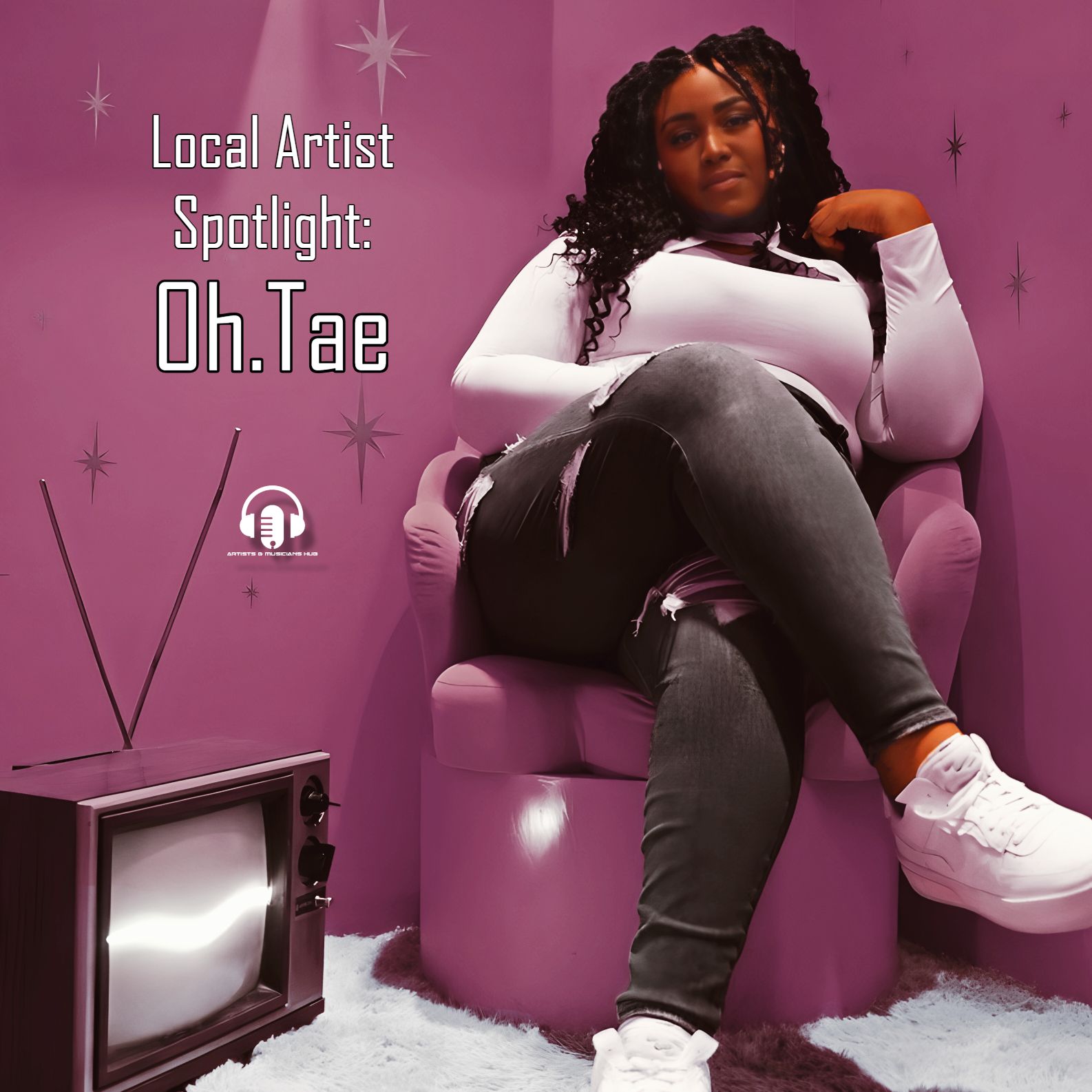True Independence in the Music Industry

In today's rapidly evolving music industry, the concept of independence has become increasingly important for artists seeking creative freedom, control over their careers, and fair compensation. This blog explores the transformative power of embracing true independence as an artist and how Web 3.0 platforms can empower musicians to thrive on their own terms. We will also delve into the traditional model of record labels and shed light on how they generate revenue from artists, highlighting the importance of understanding alternative paths to success.
The Importance of Independence for Artists
Creative Freedom and Artistic Control:
True independence allows artists to express their artistic vision without regard for external restraints. Artists can explore varied musical styles, experiment with new sounds, and produce work that is true to their artistic individuality by breaking out from standard conventions. Independence allows for the development of a distinct and true artistic voice, building stronger connections with audiences and setting the road for long-term artistic progress.
Ownership and Control of Intellectual Property:
Independence allows artists to keep ownership of their intellectual property, such as music recordings, compositions, and brand assets. By retaining control over their creations, artists have the freedom to make decisions about licensing, distribution, and monetization, ensuring that their work is not exploited without their permission. This ownership also opens the door to new revenue sources and collaborative opportunities, as artists have the last say in how their music is utilized and shared.
Direct Fan Engagement and Building a Long-Term Fanbase:
Embracing independence helps artists to form direct connections with their followers, building important ties that can fuel long-term success. Artists can create a devoted fanbase that actively supports their music through social media, live concerts, and personalized interactions. By eliminating intermediaries, artists can communicate directly with their audience, forming a strong community that becomes a driving force behind their career.

The Record Label Model: How Labels Earn Money
Signing Deals and Advances:
When musicians sign with record companies, they frequently receive advances, which are upfront payments against future revenues. These advances can provide financial help to artists, but they are recoupable, which means that the label will recoup these expenditures from the artist's future revenue.
Sales and Distribution:
Record labels play an important role in distributing and marketing music. They engage in physical and digital distribution, marketing campaigns, and promotional events to increase sales and awareness. Labels often collect a share of the revenue earned by music sales, both physical and digital.
Publishing and Sync Publishing is another source of income for record firms. Labels may have publishing divisions or collaborate with publishing corporations to exploit the publication rights of the music they distribute. This involves licensing songs for usage in films, TV shows, commercials, and other media, for which labels receive licensing fees.
Ancillary Revenue Streams:
Record labels also investigate numerous ancillary revenue streams in order to monetize artists' brand and image. This could include goods sales, endorsements, sponsorships, and brand alliances. Labels frequently negotiate these deals and receive a share of the revenue generated.

Web 3.0 and the Power of Independence
Glass Protocol: Empowering Artists through Web 3.0 Video Streaming and NFTs:
Glass Protocol revolutionizes video streaming by enabling artists to mint their music videos as NFTs. This empowers artists to retain ownership of their visual content, while also providing new avenues for monetization through NFT sales and subsequent secondary market transactions.
Audius: Building a Direct Relationship with Fans:
Audius offers a decentralized audio streaming platform where artists can upload their music, build their fanbase, and engage directly with their audience. By leveraging blockchain technology and the $AUDIO token, Audius ensures fair compensation for artists, while fostering a direct and transparent connection with fans.
Catalog: Unleashing the Potential of Music NFTs:
Catalog, built on top of Zora, allows artists to mint unique editions of their songs as NFTs, enabling fans to discover and engage with exclusive music experiences. This introduces new revenue opportunities for artists through the sale of limited-edition music NFTs, enhancing fan engagement and supporting sustainable careers.
True independence in the music industry is extremely valuable to musicians because it provides them with creative freedom, ownership of their work, and direct interactions with listeners. While record labels have always played an important part in the industry, understanding alternate avenues to success is critical in today's landscape. Web 3.0 systems such as Glass Protocol, Audius, and Catalog enable artists to embrace independence, retain control over their creations, and explore new money streams. Artists may develop sustainable careers while forging stronger connections with their audiences by embracing the power of Web 3.0. The future of the music industry is in the hands of independent musicians who dare to forge their own path and realize their full creative potential.
